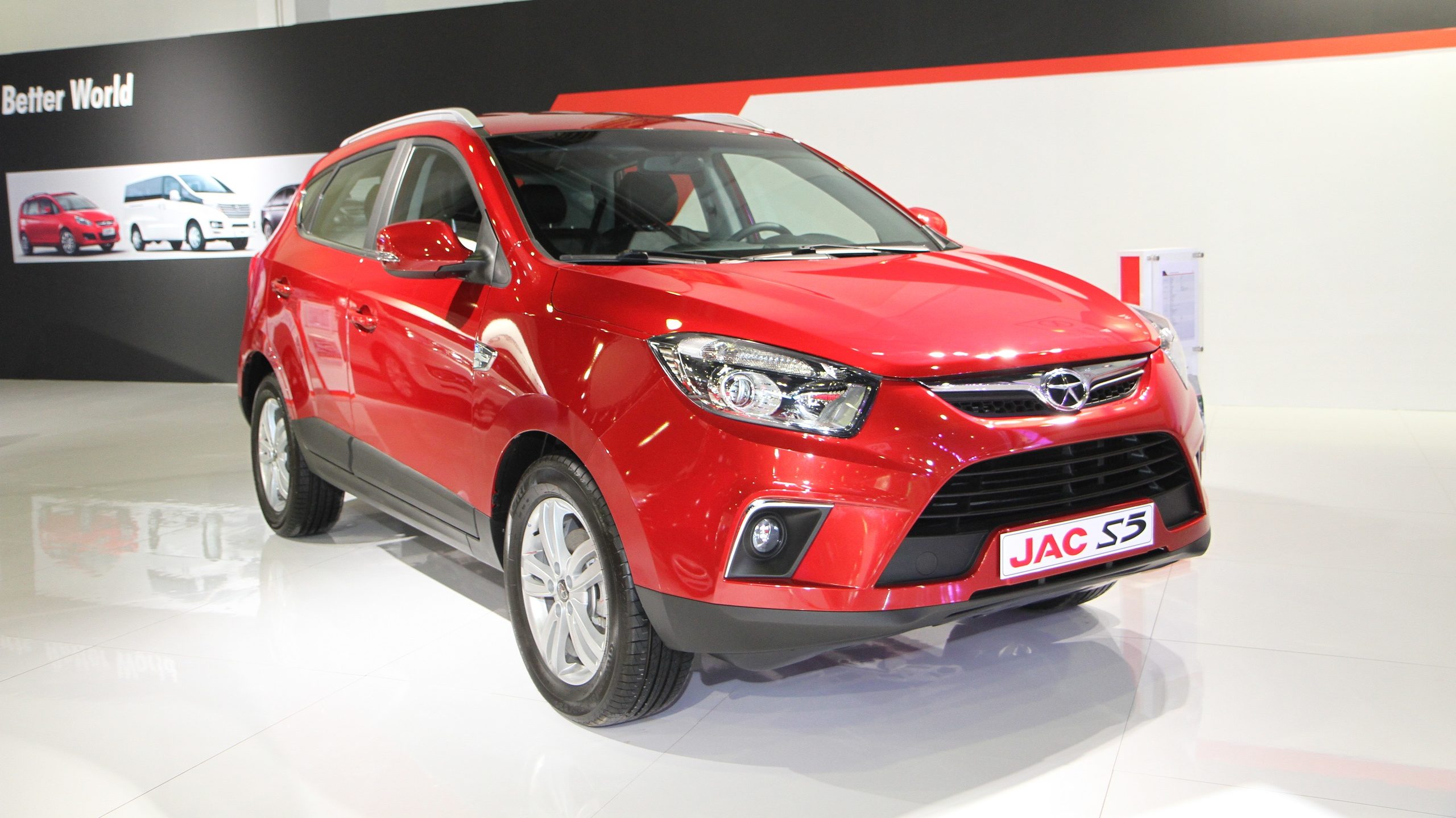Chinese Cars Invade the GCC Market
Low and medium-income customers find greater bang for their buck in imports from the Far Eastern superpower
The spread of Chinese-made cars has become noticeable in the streets of the Gulf Cooperation Council countries over the past two years.
Sales of these vehicles have increased dramatically at the expense of established brands, reaching 35% growth in some Gulf countries.
According to semi-official data, Chinese-made cars accounted for 10% to 15% of sales in the GCC during 2021, outperforming many traditional manufacturers.
Saudi Arabia is the largest importer of Chinese cars in the Gulf states and among the top 10 importers of Chinese cars in the world.
The Chinese share in the Saudi market grew from 9% in 2020 to more than 13% in 2021. In Bahrain last year, Chinese cars accounted for more than 10% of sales, and the figures were approximately the same in Oman, Qatar, and Kuwait.
And in the United Arab Emirates, imports from China captured about 20% of the market, according to unofficial estimates.
Chinese companies sold at least 200,000 vehicles in the GCC last year despite the coronavirus pandemic, according to customs data published by several Gulf countries.
That figure is set to jump in 2022, with about 150,000 Chinese cars already imported during the first half of the year.
Zahraa Abdullah, director of one of the largest car rental companies in Bahrain, told The Media Line, “The company has changed its entire fleet to Chinese cars, which are cheap and high quality.”
She added, “Most of the car rental companies are headed in the same direction, as are the companies that provide cars for their employees. Chinese cars are cheaper and have high specifications and reliability and good fuel range.
“There is another advantage related to the free warranty and maintenance, which extends in some types to five years. That is what most people are looking for in the Gulf countries, in addition to the availability of most spare parts,” Abdullah said.
Saud Dowish, owner of a car showroom in Saudi Arabia, told The Media Line, “I sell 15 to 20 Chinese-made cars in my showroom daily, and the neighboring showrooms are on the same level as well.
“The middle-income and limited-income consumer is looking for specifications and price, which are provided by Chinese cars, in contrast to Japanese cars, which provide lower specifications at higher prices,” Dowish said.
A Japanese medium-sized sedan costs between 110,000 and 130,000 riyals ($29,000 to $34,000), and it has limited specifications, while you can buy a Chinese car in the same category for between 70,000 and 80,000 riyals ($18,000 to $21,000) with much higher specifications, he said.
“Chinese cars often provide specifications similar to those provided by German and American cars. Their prices do not exceed a quarter of the price of German cars, and are up to 35% less than the price of Japanese cars,” Dowish said.
“From the point of view of the Gulf consumer, cars will be replaced after five to seven years in most cases. Chinese cars will perform without problems for this period, even if they are of lower quality,” he continued.
“There is a decline in the sales of Korean and Japanese cars in the midsize and small sedan segment, in addition to the SUVs which are now considered the most popular,” Dowish added.
An official at JAC Motors (Jianghuai Automobile Co.) in Dubai, UAE, who preferred not to be named, told The Media Line, “Our sales have doubled compared to three years ago in GCC and Arab countries in general. We expect more in the coming period.
“Agents in the GCC are ordering more from the factory, and as of August, the company has sold more than it sold during 2021,” he added.
He explained, “The quality of Chinese cars has improved significantly, which has positively reflected on their reputation in the Gulf countries over the past three years. The company has become aware of what customers need here, in addition to manufacturing cars that can withstand hot weather.
“The car industry has changed. Now, for example, there are companies that manufacture the chassis, and others manufacture the transmission, and cooperation is also taking place on the design and engines with major companies. So the quality has improved and the basis is similar to many old and reputable car manufacturers,” he said.
“Chinese cars have also succeeded in safety tests and have received good reviews from magazines and car specialists, which are building a base for them. Chinese companies have also started offering luxury brands at very reasonable prices with high luxury specifications,” the JAC Motors official said.
Abdullah Khaled, an official at Changan Motors in Saudi Arabia, told The Media Line, “There is a great demand for Chinese cars and our sales have doubled dramatically over the past years.”
Khaled added that the prices of Chinese cars are 20% to 40% lower than their Korean and Japanese competition depending on the category, with higher specifications.
Mohammad al-Baqali, a journalist specializing in cars, told The Media Line, “Chinese cars are in great demand in the Gulf countries due to the high prices of other cars, with their weak options.
“The medium and small price categories are the most popular in the GCC countries, which is what these cars compete for. They offer good designs, very high options, reasonable quality, and acceptable prices,” he said.
“Also, Chinese car dealerships have launched big campaigns to promote sales. For example, I am invited to test a Chinese car at least once weekly. It is generally suitable for low-income people who are looking for a new car, with fewer breakdowns, and at an affordable price,” he continued.
“You cannot pass a neighborhood or walk in a street in the GCC without seeing several Chinese cars, and this was not the case four or five years ago,” Baqali said.

